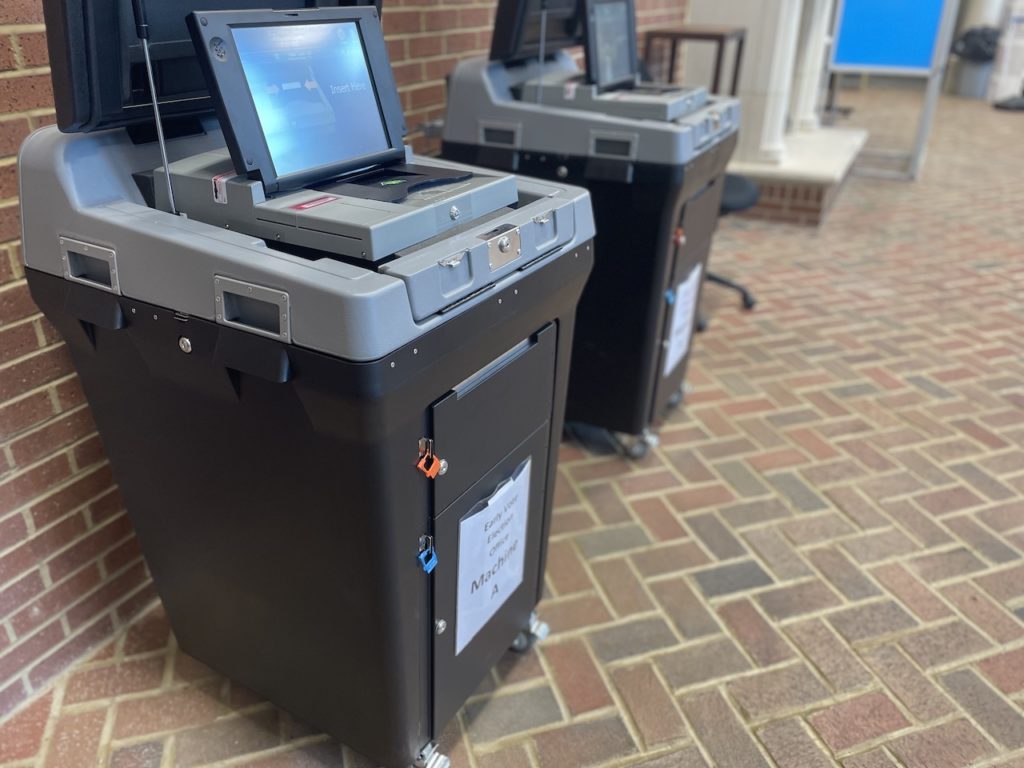
The saying “If you ain’t first, you’re last” comes from the movie “Talladega Nights,” but it also holds true in Tennessee politics. A candidate’s placement on the ballot is based on their party affiliation, not alphabetical order.
That’s because under the state’s election law, whichever party has more members automatically has their candidates listed first on federal, state and local ballots.
“As far as I know, it’s been that way at least since I’ve been here in 2016,” says Davidson County Administrator of Elections Jeff Roberts.
In Tennessee, that means Republican candidates are listed first on the ballot — giving them a slight advantage, according to research from MIT published in April.
In one study out of California, researchers found that candidates for school board and city council races that were listed first won between “4-5% more than they might be expected to if they were listed later on the ballot.”
The controversy over ballot order led California in 1977 to randomize the way candidates are listed. Several states are still figuring out the best alternative.
In Kentucky, some of their elections require a public drawing to determine ballot order. In Texas and Arizona, the first ballot position is given to the party that received the most gubernatorial votes in the last election.
Some Arizona voters are legally challenging the ballot order statute, which they say violates the Constitution by favoring one political party.

